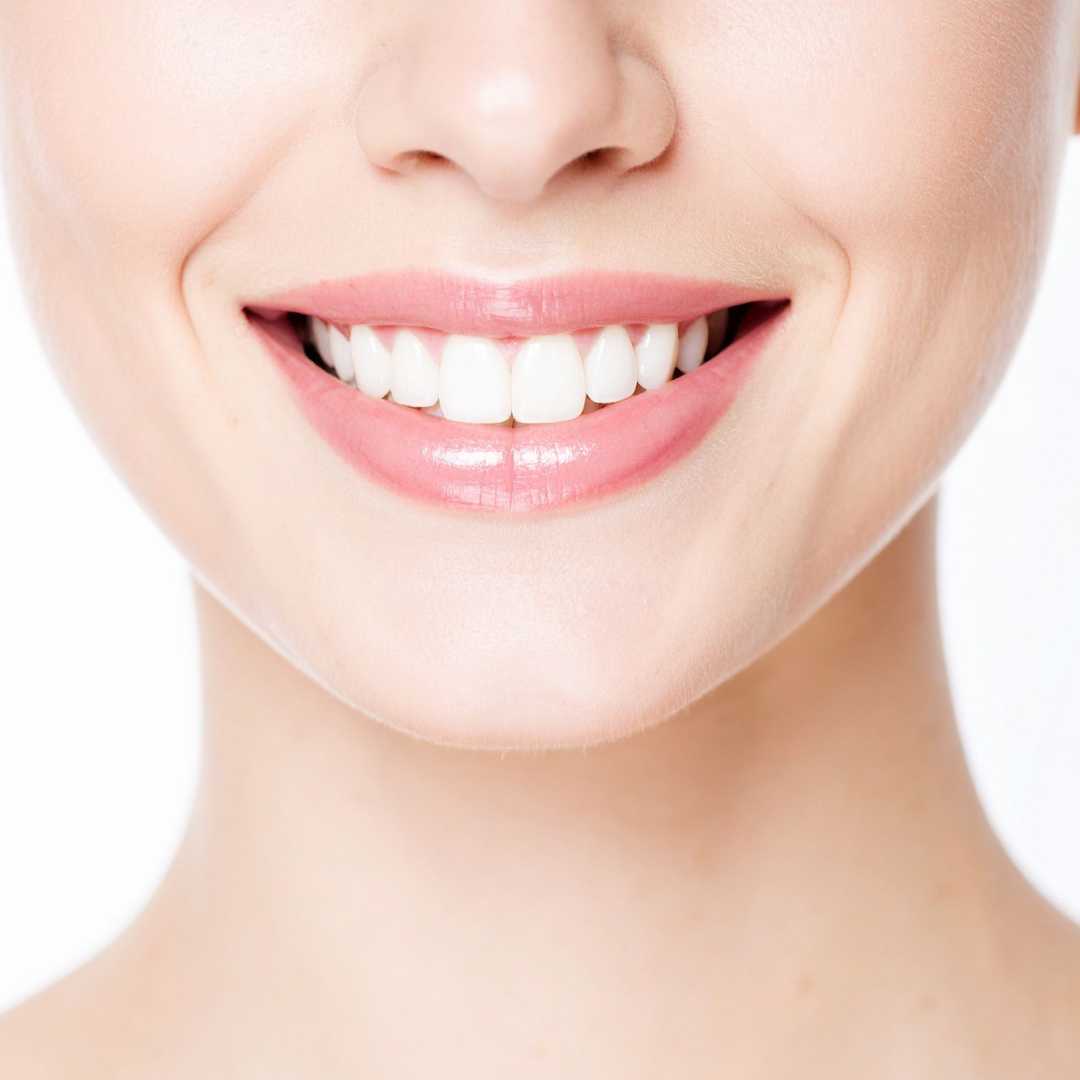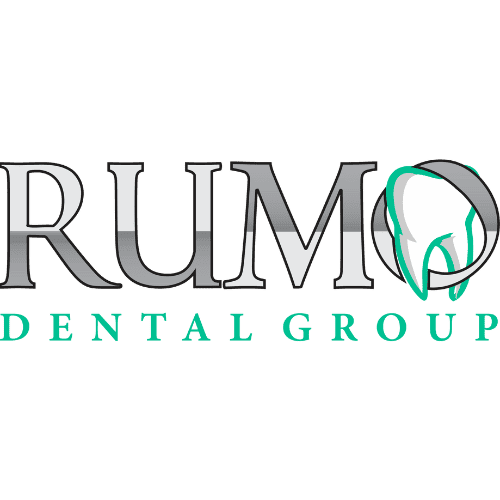Why People Choose Mexico for Dental Veneers
.jpg)
Thinking about getting dental veneers to achieve that dream smile? You've likely heard about the significant price difference between getting them done at home and traveling abroad. Mexico has emerged as a top destination for dental tourism, drawing countless individuals seeking high-quality dental care at a fraction of the cost. But the big question remains: are dental veneers in Mexico truly worth it?
Many people understandably feel a bit apprehensive about receiving medical treatment outside their home country. However, the short answer is often yes, getting dental veneers in Mexico can be a smart and valuable decision for many. It offers a compelling combination of affordability and access to advanced dental procedures, provided you do your homework and choose the right clinic. Let's dive deeper into what makes dental veneers in Mexico a popular and often recommended choice.
Is getting dental veneers in Mexico safe?
The safety of dental procedures in Mexico is a primary concern for many potential patients, and rightfully so. However, it's important to understand that Mexico has many state-of-the-art dental facilities, especially in popular dental tourism hubs like Tijuana, Cancun, and Los Algodones. These clinics often boast modern equipment, highly trained dentists, and stringent sterilization protocols that meet or even exceed those found in other developed countries.
To ensure safety, look for clinics that are accredited by international organizations or have dentists who are members of professional dental associations. Reading patient reviews and testimonials can also provide valuable insight into the experiences of previous clients. While risks are inherent in any medical procedure, choosing a well-regarded clinic significantly mitigates potential issues, making dental veneers in Mexico a secure option for many.
How much do dental veneers cost in Mexico compared to the US?
The cost difference is arguably the most compelling reason why people consider dental veneers in Mexico. In the United States, a single porcelain veneer can range anywhere from $800 to $2,500, making a full set a substantial investment. This high price often puts veneers out of reach for many individuals seeking cosmetic dental improvements.
In contrast, the cost of dental veneers in Mexico is dramatically lower. Patients can often expect to pay between $250 and $600 per tooth for high-quality porcelain veneers. This significant price reduction is due to lower overhead costs, reduced labor expenses, and a different economic structure, not necessarily a compromise on quality. These savings can make a full smile makeover much more accessible, allowing many to achieve their desired aesthetic results without breaking the bank.
What is the quality of dental veneers in Mexico?
Concerns about quality are natural when seeking procedures abroad. However, many dental clinics in Mexico pride themselves on delivering excellent results, often matching or surpassing the quality found in other countries. They frequently use the same high-quality materials, such as E-max porcelain and zirconia, sourced from reputable international manufacturers.
Furthermore, many Mexican dentists receive advanced training, some even in the US or Europe, and specialize in cosmetic dentistry. They invest in cutting-edge technology, including CAD/CAM systems for precise veneer design and fabrication, and digital imaging for accurate treatment planning. It's crucial to research specific clinics and look for evidence of their quality, such as before-and-after photos, patient testimonials, and details about the materials and technology they use.
How long does the dental veneer procedure take in Mexico?
One of the advantages of getting dental veneers in Mexico is the efficiency of the treatment process. Unlike in some places where appointments might be spread out over weeks, Mexican clinics catering to international patients are often structured to complete procedures efficiently within a short timeframe.
A typical veneer treatment plan usually involves two main appointments:
- First Visit (Day 1-2): This involves an initial consultation, comprehensive examination, teeth preparation (a minimal amount of enamel removal), and taking impressions. Temporary veneers might be placed while your custom permanent veneers are being fabricated in an in-house or external lab.
- Second Visit (Day 3-7, depending on lab time): Once your custom veneers are ready, you'll return for their final placement and bonding. The dentist will ensure a perfect fit and aesthetic before permanently cementing them onto your teeth.
This streamlined approach means you can often combine your dental treatment with a short vacation, making it a convenient option for those with busy schedules.
What should I look for when choosing a dental clinic in Mexico for veneers?
Selecting the right clinic is paramount to a successful and safe experience with dental veneers in Mexico. Here are key factors to consider during your research:
- Accreditation and Certifications: Look for clinics that are accredited by recognized dental organizations or that adhere to international standards. This indicates a commitment to quality and safety.
- Dentist's Qualifications and Experience: Research the dentist's background, including their education, specialties, and years of experience, particularly in cosmetic dentistry and veneers. Ask to see their portfolio of before-and-after cases.
- Technology and Facilities: Modern clinics often feature advanced technology like digital X-rays, 3D imaging, and CAD/CAM systems, which contribute to precision and efficiency.
- Transparent Pricing: A reputable clinic will provide a clear, itemized cost estimate upfront, with no hidden fees.
- Patient Reviews and Testimonials: Read reviews on independent platforms. Pay attention to feedback regarding communication, hygiene, pain management, and overall patient satisfaction.
- Communication: Ensure the clinic has English-speaking staff to facilitate clear communication about your treatment plan and concerns.
Are dental veneers in Mexico covered by insurance?
Unfortunately, dental insurance coverage for veneers is rare. Since veneers are primarily a cosmetic enhancement, most standard dental insurance policies categorize them as elective procedures and therefore do not provide coverage. This applies whether you get them done in Mexico, the US, or any other country.
It's always a good idea to check with your specific insurance provider to understand your policy's limitations. In some very specific cases where veneers are deemed medically necessary (e.g., to restore tooth function after severe trauma), there might be partial coverage. However, for most patients seeking veneers for aesthetic reasons, the cost will be out-of-pocket, making the affordability of dental veneers in Mexico even more appealing.
What are the potential risks of getting dental work done in Mexico?
While many clinics in Mexico offer excellent care, it's prudent to be aware of potential risks, just as you would with any medical procedure anywhere in the world. The main risks associated with getting dental work done abroad, including dental veneers in Mexico, often stem from insufficient research or choosing a less reputable clinic. These can include:
- Infection: Poor sterilization practices or inadequate post-operative care can lead to infections.
- Substandard Materials: Some clinics might use lower-quality materials that compromise the longevity and aesthetic of the veneers.
- Communication Barriers: Misunderstandings due to language differences can lead to patient dissatisfaction or errors in treatment.
- Lack of Recourse: If something goes wrong, legal recourse might be more complicated when dealing with an international clinic.
- Travel Complications: Unexpected travel delays or health issues during your trip can add stress.
Mitigating these risks involves thorough research, choosing internationally accredited clinics, reviewing dentist credentials, ensuring clear communication, and having a contingency plan for travel.
How do I travel to Mexico for dental veneers?
For many North Americans, traveling to Mexico for dental care is surprisingly straightforward. The logistics depend on your starting location and the specific city in Mexico you choose for your treatment. Popular dental tourism destinations include:
- Tijuana/Los Algodones (Baja California): Easily accessible by car or short flight from Southern California and Arizona, with many patients walking across the border.
- Cancun (Yucatán Peninsula): A major international airport makes it convenient for those traveling from further afield, often combined with a beach vacation.
- Guadalajara/Mexico City: Larger cities with numerous dental options, accessible via international flights.
Most clinics that cater to international patients are experienced in assisting with travel arrangements, offering recommendations for flights, accommodation, and even providing transportation from the airport or border crossing to the clinic. It's advisable to have your passport ready, understand any visa requirements (though often not needed for short stays for US/Canadian citizens), and inform your bank about your travel plans to avoid issues with credit card usage.
What is the lifespan of dental veneers from Mexico?
The longevity of your dental veneers, regardless of where they are placed, largely depends on two main factors: the quality of the materials and the skill of the dentist, coupled with your own oral hygiene habits. When you receive dental veneers in Mexico from a reputable clinic using high-grade porcelain or composite materials, you can expect them to last just as long as veneers placed in other countries.
Porcelain veneers are generally very durable and can last between 10 to 15 years, or even longer, with proper care. Composite veneers, while more affordable, usually have a shorter lifespan of 5 to 7 years. To maximize the lifespan of your veneers, it's essential to:
- Practice excellent oral hygiene, including brushing and flossing daily.
- Avoid biting hard objects or using your teeth as tools.
- Wear a nightguard if you grind or clench your teeth.
- Schedule regular dental check-ups and cleanings.
A good Mexican dental clinic will provide detailed aftercare instructions to help you maintain your new smile for years to come.
Do Mexican dentists speak English?
Communication is a crucial aspect of any medical treatment, and concerns about language barriers are common when considering dental work abroad. Fortunately, in the areas of Mexico popular for dental tourism, such as Tijuana, Cancun, and Los Algodones, English proficiency among dental professionals is very high.
Many dentists in these regions have either studied in the United States or Canada, or have extensive experience treating American and Canadian patients. Clinics often explicitly advertise their English-speaking staff as a major benefit. When researching clinics, it's wise to confirm this directly. Clear communication allows you to express your concerns, understand your treatment plan, and ask any questions you may have, ensuring a comfortable and confident experience with your dental veneers in Mexico.
For those looking to explore a range of medical tourism solutions, including dental services and other healthcare needs, PlacidWay offers comprehensive resources and assistance in connecting patients with accredited clinics worldwide. Discover your options for quality healthcare services today.


.png)














Share this listing